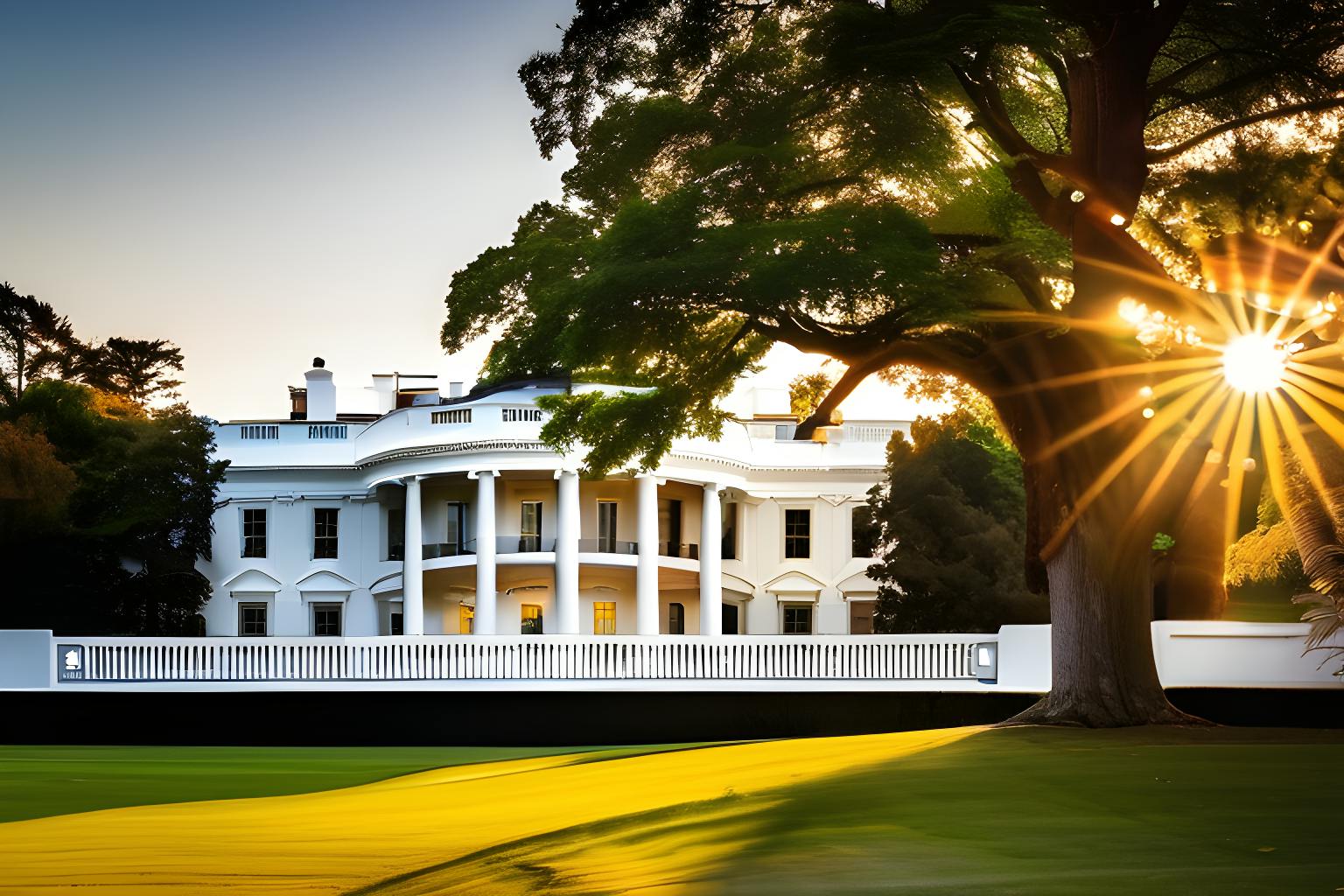UNITED STATES OF AMERICA v. SAMUEL BANKMAN-FRIED Court Filing Lewis A. Kaplan, December 9, 2022 is part of HackerNoon’s Legal PDF Series. You can jump to any part in this filing here. This is part 10 of 25.
STATEMENT OF FACTS
I. The Government Requests Mr. Bankman-Fried’s Arrest in the Bahamas
On December 10, 2022, the Government submitted a request via diplomatic channels to the Bahamas to provisionally arrest Mr. Bankman-Fried for extradition to the United States based on an indictment obtained the previous day. See Ex. 1 (Extradition Affidavit of Mr. Bankman-Fried) (attaching the “Diplomatic Note”) at 11;[10] Original Indictment. [11] Mr. Bankman-Fried was arrested in the Bahamas shortly thereafter on December 12, 2022. Ex. 1 ¶ 1.
The Diplomatic Note stated that Mr. Bankman-Fried had been indicted in the Southern District of New York (“SDNY”) on two counts of wire fraud, two counts of conspiracy to commit wire fraud, one count of conspiracy to commit commodities fraud, one count of conspiracy to commit securities fraud, one count of money laundering conspiracy and one count of conspiracy to defraud the United States and violate campaign finance laws. See Ex. 1 at 4-11. The Diplomatic Note also included a statement of the alleged facts underlying the charges. The Diplomatic Note alleged, inter alia, that Mr. Bankman-Fried had directed the misappropriation of FTX customer assets for Alameda’s use. See id. at 5-6. According to the Diplomatic Note, Alameda was allegedly able to misappropriate customer assets by taking advantage of special features of its FTX account, such as accruing a negative balance and placing orders in excess of its posted collateral. See id. at 7. By contrast, there is no mention in the Diplomatic Note of (i) any political donations or campaign finance-related activity, (ii) any U.S. bank accounts, including any bank accounts affiliated with FTX or Alameda, (iii) any transfers of funds through the United States, (iv) any U.S. regulatory licenses that any FTX entity was purportedly required to obtain, (v) the freezing of Alameda’s accounts on Chinese cryptocurrency changes or (vi) any payments Alameda allegedly made to unfreeze those accounts. The Diplomatic Note attached a copy of the arrest warrant issued in SDNY (the “SDNY Arrest Warrant”), which listed the criminal statutes on which the charges were based and specified that the conspiracy to defraud the United States was related to violating campaign finance laws (but included none of the factual allegations supporting that charge). Ex. 1 at 12.
[10] Citations to “Ex. _” refer to exhibits attached to the Declaration of Christian R. Everdell in Support of Samuel Bankman-Fried’s Pretrial Motions, dated May 8, 2023.
[11] The Court may take judicial notice of the Bahamas Treaty and other extradition materials cited in this memorandum of law. Judicial notice of public documents is appropriate on a motion to dismiss, provided their contents are not “subject to reasonable dispute.” See IBEW Loc. Union No. 58 Pension Tr. Fund & Annuity Fund v. Royal Bank of Scotland Grp., PLC, 783 F.3d 383, 390 (2d Cir. 2015) (citing Fed. R. Evid. 201(b)). In matters pertaining to extradition, courts have taken judicial notice of materials produced in connection with the extradition process and relevant treaty materials. See, e.g., Johnson v. City of New York, 1:15-cv-8195-GHW, 2017 WL 2312924, at *3 n.4 (S.D.N.Y. May 26, 2017) (“The Court takes judicial notice of the Waiver of Extradition Findings and Order.”) (citing Kramer v. Time Warner Inc., 937 F.2d 767, 774 (2d Cir. 1991)); United States v. Ramanathan, No. 8:07CR30, 2008 WL 650297, at *4 (D. Neb. Mar. 5, 2008) (on motion to dismiss raised under the rule of specialty, court took judicial notice of “the extradition package on file including the Order of Surrender”).
Continue Reading Here.
About HackerNoon Legal PDF Series: We bring you the most important technical and insightful public domain court case filings.
This court case S5 22 Cr. 673 (LAK) retrieved on September 1, 2023, from Storage.Courtlistener is part of the public domain. The court-created documents are works of the federal government, and under copyright law, are automatically placed in the public domain and may be shared without legal restriction.

